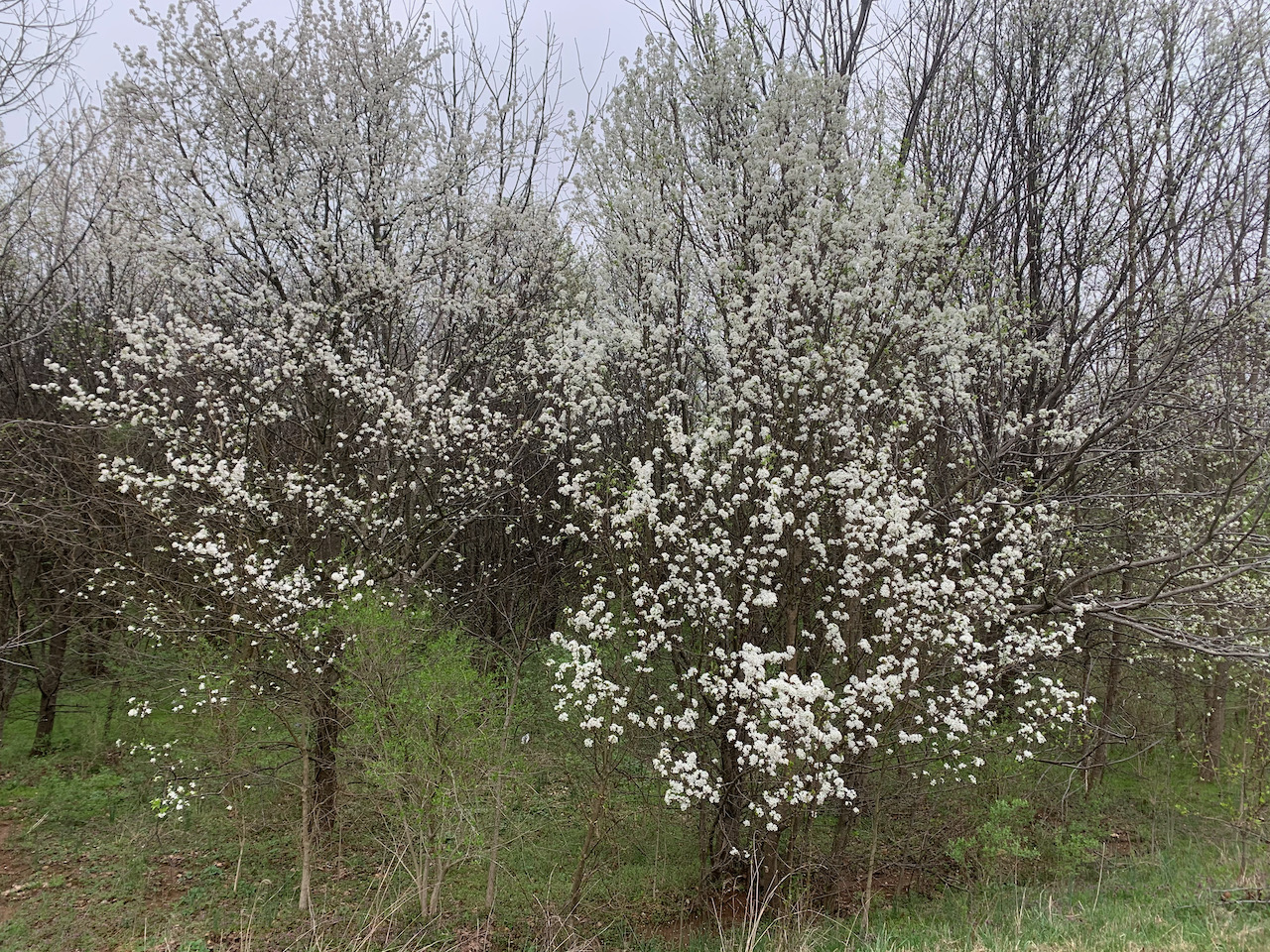UK to help landowners replace their Bradford pear trees
UK to help landowners replace their Bradford pear trees


Bradford pear trees are popular landscape trees, commonly planted in yards throughout Kentucky. A distant cousin of culinary pears, Bradford is a flowering pear, one cultivar of the callery pear species. While beautiful when they flower, they are also a curse with the smell of blooms likened to “dead fish,” and its offspring, invasive callery pear, a growing epidemic in old fields and roadsides.
To help combat these intrusive trees, the University of Kentucky, College of Agriculture, Food and Environment, in partnership with the Remove Invasives Partnership of Franklin County and other local organizations, will host a Bradford Pear Bounty Program Tree Exchange 9:30 a.m. to 12 p.m. March 12 and 17, at the Franklin County Extension office. The free events will allow Kentucky property owners to exchange their Bradford pears for an equal number of free young native replacement trees.
“The Bradford pear was originally touted as this perfect tree,” said Ellen Crocker, UK assistant professor of forest health extension in the UK Department of Forestry and Natural Resources. “It is a smaller tree with glossy foliage and was supposed to be sterile so it wouldn’t spread out of control. Now we know that its lifespan isn’t that long; its branches are extremely delicate; the blossoms smell bad, and it can cross-pollinate with other callery pears and spread out of control.”
Callery pears are native to Manchuria, China, Korea and Japan and were introduced to the United States as both an ornamental tree and as root-stock for fruiting pear trees. However, specialists now discourage callery pear cultivars like Bradford pear as landscape trees due to their tight branching pattern and weak wood. Large branches commonly break during storms causing property damage and loss of plant material intended to beautify the landscape. Additionally, the life expectancy of these trees when subjected to wind, ice and snow loading is relatively short.
To receive replacement trees, property owners must cut down their Bradford pears and bring in a photo documenting the cut trees. A variety of native trees will be available and tree experts will be on-hand to help landowners decide what works best on their property.
"This is an opportunity for property owners to contribute to the health of their community replacing an invasive tree with a native tree is like replacing a derelict building with a beautiful hotel and restaurant,” said Chris Schimmoeller, one of the event organizers and coordinator with Remove Invasives Partnership. “Native trees contribute so much to our well-being; we need to plant more of them."
To learn more and to register, visit https://www.eventbrite.com/e/franklin-co-bradford-pear-bounty-program-tree-exchange-tickets-264911697017.
To learn more about the Remove Invasives Partnership of Franklin County visit: https://ripfc.net/.
Extension Forestry

